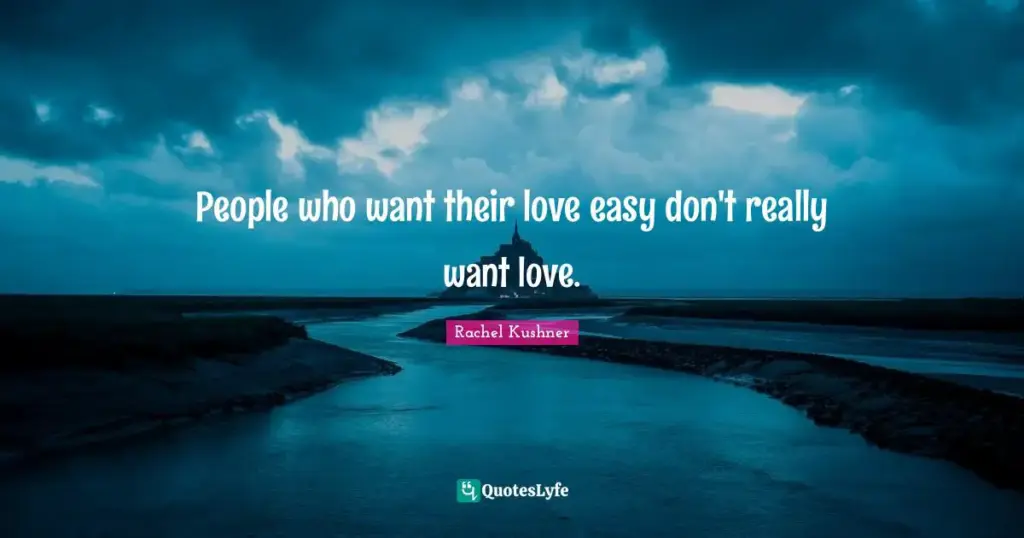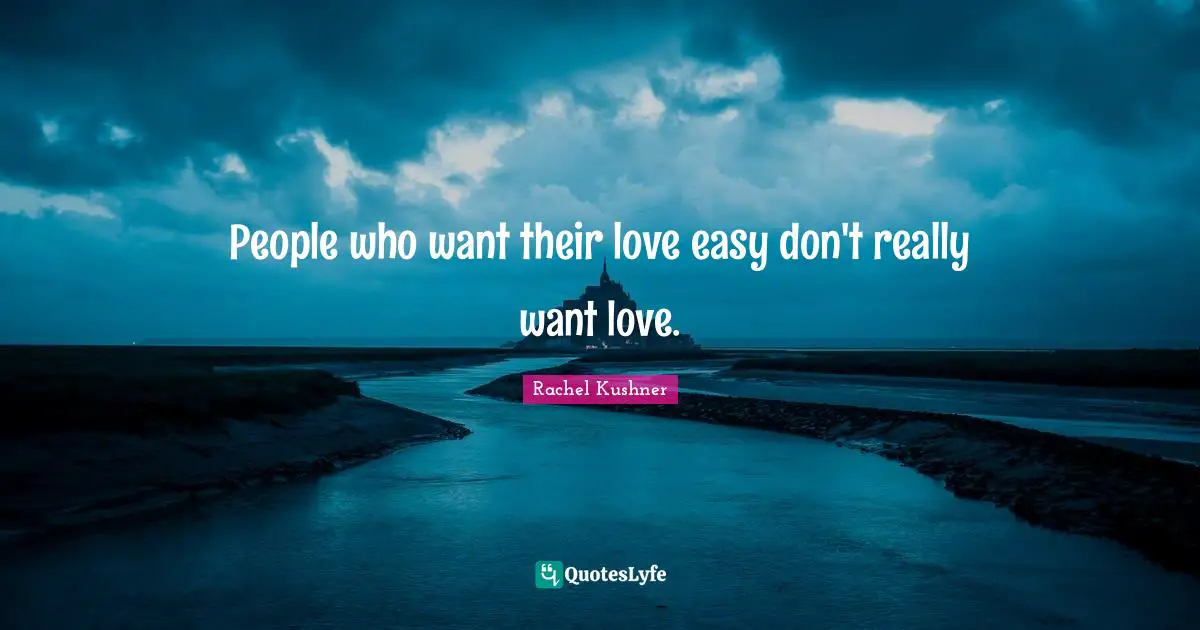
The Universal Human Condition: Why We Are All Wanting Love
The human experience is, at its core, a tapestry woven with threads of connection, belonging, and, fundamentally, wanting love. From the moment we enter the world, cradled in the arms of a caregiver, the desire for affection, acceptance, and understanding is deeply ingrained within us. But what drives this innate need? Why is wanting love such a pervasive and powerful force shaping our thoughts, behaviors, and ultimately, our lives?
This article delves into the multifaceted reasons behind our inherent desire for love, exploring its biological, psychological, and social underpinnings. We will examine how wanting love influences our relationships, our self-esteem, and our overall well-being. Furthermore, we will discuss the various forms love can take and how to navigate the complexities of seeking and maintaining healthy, fulfilling connections.
The Biological Imperative of Love
From an evolutionary standpoint, wanting love isn’t merely a sentimental desire; it’s a survival mechanism. Early humans who formed strong bonds within their tribes were more likely to survive and reproduce. Cooperation, mutual support, and shared resources increased their chances of weathering harsh conditions and defending against threats. Love, in this context, fostered these crucial social connections.
The neurochemical processes associated with love further underscore its biological importance. When we experience feelings of love and connection, our brains release a cocktail of hormones, including oxytocin, dopamine, and serotonin. Oxytocin, often referred to as the “love hormone,” promotes bonding and trust. Dopamine, associated with pleasure and reward, reinforces behaviors that lead to connection. Serotonin contributes to feelings of well-being and stability. This complex interplay of neurochemicals creates a powerful incentive to seek out and maintain loving relationships. Therefore, wanting love is hardwired into our brains, driving us to connect with others for survival and well-being.
The Psychological Need for Love and Belonging
Beyond the biological imperative, wanting love is deeply intertwined with our psychological well-being. Abraham Maslow’s hierarchy of needs places love and belonging as essential requirements for human flourishing, situated just above basic physiological needs and safety. According to Maslow, individuals cannot achieve self-esteem and self-actualization without first experiencing a sense of love, acceptance, and connection.
Attachment theory, developed by John Bowlby and Mary Ainsworth, further illuminates the psychological significance of love. This theory posits that early childhood experiences with caregivers shape our attachment styles, influencing how we form and maintain relationships throughout our lives. Individuals with secure attachment styles, who experienced consistent and responsive caregiving, tend to be more comfortable with intimacy and independence. Conversely, those with insecure attachment styles may struggle with trust, fear abandonment, or avoid close relationships altogether. Consequently, wanting love is intricately linked to our early experiences and shapes our psychological development.
Social Influences on Wanting Love
Our social environment also plays a significant role in shaping our understanding and pursuit of love. Cultural norms, societal expectations, and media portrayals all influence our beliefs about what love should look like and how it should be expressed. From romantic comedies to fairy tales, we are constantly bombarded with messages that emphasize the importance of finding “the one” and living happily ever after.
Social media further amplifies these influences, creating a curated and often unrealistic portrayal of relationships. The pressure to present a perfect image of love and happiness online can lead to feelings of inadequacy and dissatisfaction in our own relationships. It’s crucial to critically evaluate these social influences and develop a realistic and healthy understanding of love, recognizing that it is a complex and multifaceted experience rather than a fairytale ideal. The constant exposure to idealized versions of love reinforces the feeling of wanting love, often in a distorted and unattainable way.
The Many Forms of Love
It’s important to recognize that wanting love doesn’t solely refer to romantic love. Love can manifest in various forms, including familial love, platonic love, and self-love. Each type of love plays a crucial role in our overall well-being and contributes to our sense of connection and belonging.
- Familial Love: The bond between family members provides a foundation of support, acceptance, and unconditional love.
- Platonic Love: Friendships offer companionship, understanding, and a sense of belonging outside of romantic relationships.
- Self-Love: Cultivating self-compassion, acceptance, and respect is essential for building a healthy and fulfilling life.
Recognizing and nurturing these different forms of love can help us feel more connected, supported, and fulfilled, even when romantic love is absent. [See also: The Importance of Self-Compassion] Wanting love, in all its forms, is a fundamental human need that should be acknowledged and nurtured.
Navigating the Complexities of Wanting Love
While wanting love is a natural and healthy desire, the pursuit of love can sometimes be challenging. It’s important to approach relationships with realistic expectations, clear communication, and a willingness to compromise. Understanding your own attachment style and patterns of relating can help you identify potential pitfalls and build healthier connections.
Furthermore, it’s crucial to prioritize self-care and personal growth, regardless of your relationship status. Cultivating hobbies, pursuing interests, and building a strong support network can enhance your overall well-being and make you a more confident and secure partner. Remember that wanting love shouldn’t come at the expense of your own happiness and self-respect.
The Importance of Self-Love
Before seeking love from others, it’s crucial to cultivate self-love. Self-love involves accepting yourself unconditionally, flaws and all. It means treating yourself with kindness, compassion, and respect. When you love yourself, you are more likely to attract healthy relationships and set boundaries that protect your well-being. Neglecting self-love while wanting love from others can lead to unhealthy dependencies and disappointment.
Practicing self-care, engaging in activities that bring you joy, and challenging negative self-talk are all essential components of self-love. Remember that you are worthy of love and happiness, regardless of your relationship status. [See also: Building Stronger Relationships Through Communication] By prioritizing self-love, you can create a solid foundation for healthy and fulfilling relationships.
The Dark Side of Wanting Love: Codependency and Obsession
While wanting love is a natural human desire, it can sometimes manifest in unhealthy ways. Codependency, for example, is a relationship pattern characterized by excessive emotional or psychological reliance on a partner. Codependent individuals often prioritize the needs of their partner above their own, leading to resentment, burnout, and a loss of self-identity. Similarly, obsession can distort our perception of love, leading to stalking, harassment, and other harmful behaviors.
It’s crucial to recognize the signs of codependency and obsession and seek professional help if needed. Healthy love is characterized by mutual respect, trust, and independence, not by control, manipulation, or self-sacrifice. If you find yourself constantly wanting love to the point of neglecting your own needs and boundaries, it’s time to re-evaluate your approach to relationships.
Finding Fulfillment Beyond Romantic Love
While romantic love is often idealized in our society, it’s important to remember that it’s not the only source of fulfillment. Many individuals find happiness and meaning in their careers, hobbies, friendships, and spiritual practices. Focusing on these areas can provide a sense of purpose, connection, and belonging, even when romantic love is absent.
Furthermore, volunteering, engaging in community service, and pursuing creative endeavors can all contribute to a sense of fulfillment and connection. By expanding your horizons and exploring your passions, you can create a rich and meaningful life that is not solely dependent on romantic love. While still wanting love, a well-rounded life provides resilience and perspective.
Conclusion: Embracing the Human Need for Connection
Wanting love is a fundamental aspect of the human experience, driven by biological, psychological, and social factors. While the pursuit of love can be challenging, it’s important to approach relationships with realistic expectations, clear communication, and a willingness to prioritize self-care. By recognizing the various forms of love, cultivating self-love, and seeking professional help when needed, you can navigate the complexities of relationships and build a fulfilling and connected life. Ultimately, embracing our innate desire for love and connection is essential for our overall well-being and happiness. So, acknowledge your wanting love, but ensure it’s a healthy and balanced desire within the broader context of a fulfilling life.

